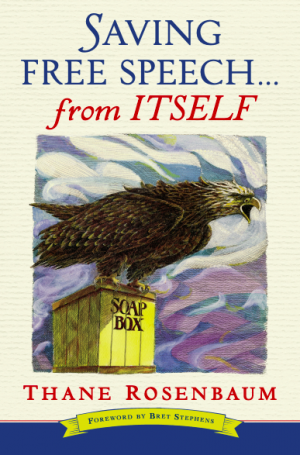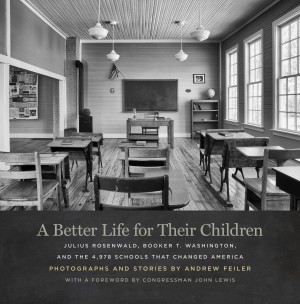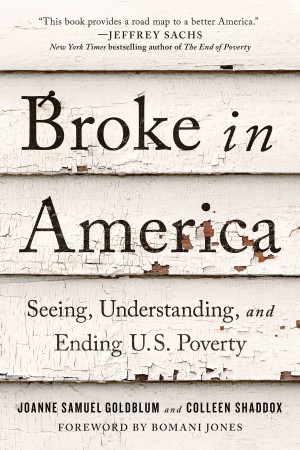January 1, 2013
Based on ethnographic research of Holocaust
Survivors who settled in Montreal post World War II, The Montreal Shtetl is an examination of displacement migration and resettlement. The arrival of tens of thousands of Jewish refugees was palpable in the streets of Montreal and their impact on the existing Jewish community is well-recognized. This book presents a portrait of the daily struggles of Holocaust survivors who settled in Montreal, where they encountered difficulties with work, language, culture, health care, and a Jewish community that was not always welcoming to survivors. By reflecting on how institutional supports gender, and community relationships shaped the survivors’ settlement experiences, the authors show the relevance of these stories to current state policies on refugee immigration.
Discussion Questions
Courtesy of Zelda Abramson
Although The Montreal Shtetl is an ethnographic study of post-Holocaust resettlement in Montreal, the larger narrative is about displacement, migration and resettlement.
- Is there a hierarchy of who is a Holocaust survivor?
- A number of narratives from children survivors said that they felt silenced growing up; as children they did not endure the same trauma as their parents. What are your views on children survivors?
- Why did the established Jewish communities resist the refugees when they first arrived?
- Given the trauma the survivors endured, do you think they wanted to or could integrate with their respective established Jewish community?
- Today the Holocaust defines all Jews. When did the attitudes towards survivors and why did it change? What were the political and cultural events that contributed to this differing standpoint?
- How were survivors received in your respective community?
- Were the resettlement experiences similar and/or different from those described in The Montreal Shtetl?
- A question we have gotten at times is, “How was PTSD of Holocaust survivors treated?” PTSD was not recognized as a condition requiring attention and treatment until the 1980s. What psychological and other health-related services were available for the survivors?
- Did the narratives offer a different way of thinking about post-Holocaust resettlement?
- As one of the reviewers note: “while [The Montreal Shtetl] pertains to a very specific time and specific group of people I think it helps provide an important focus on current events, divides, and thoughts. How does The Montreal Shtetl relate to your understanding of how refugees resettle today?
- Who should take primary responsibility to support refugees in their resettlement?
- Which of the narratives spoke to you most?




